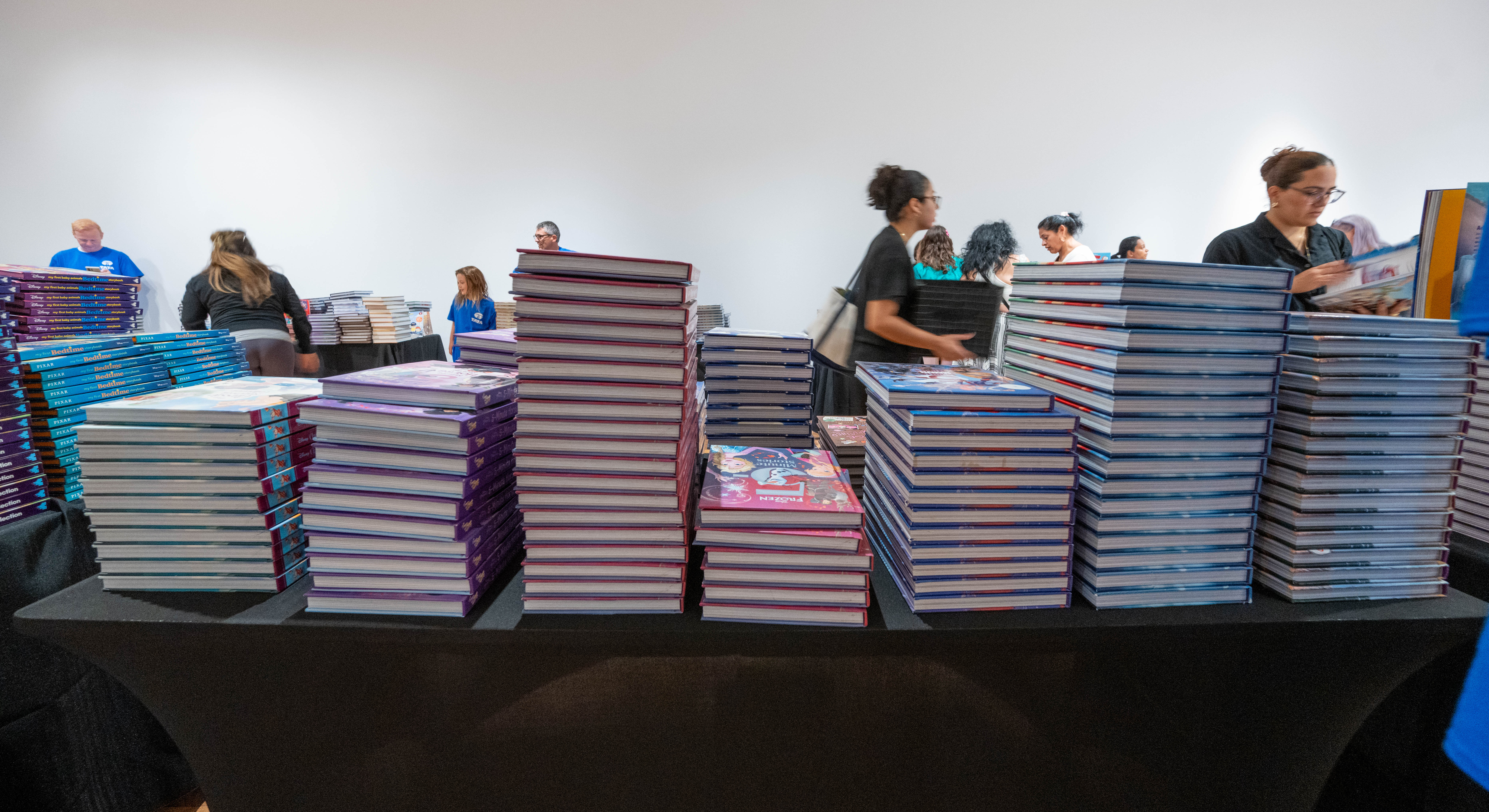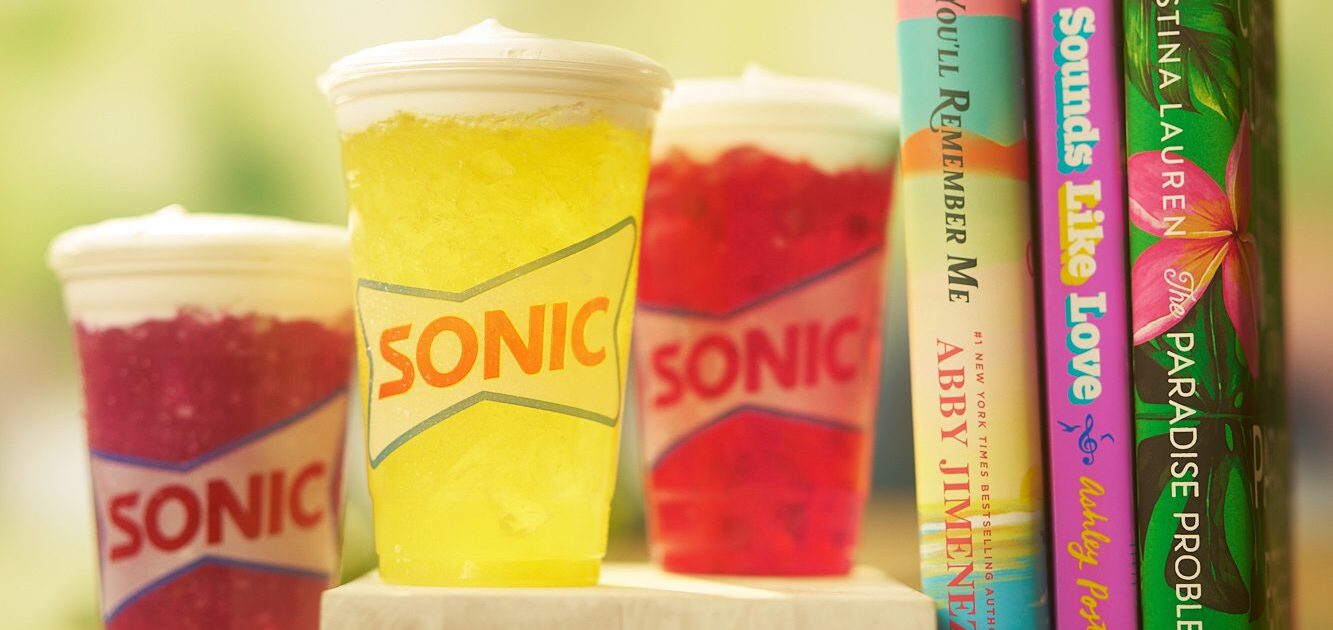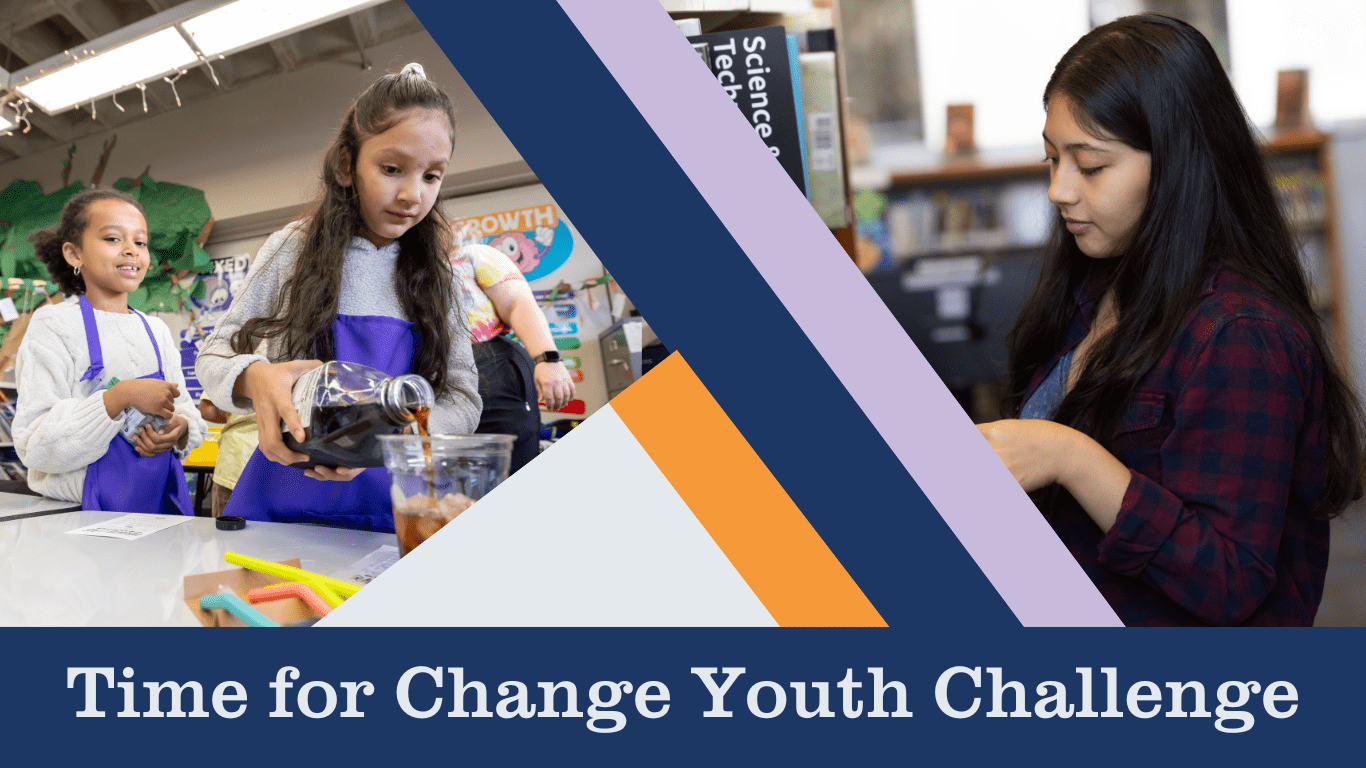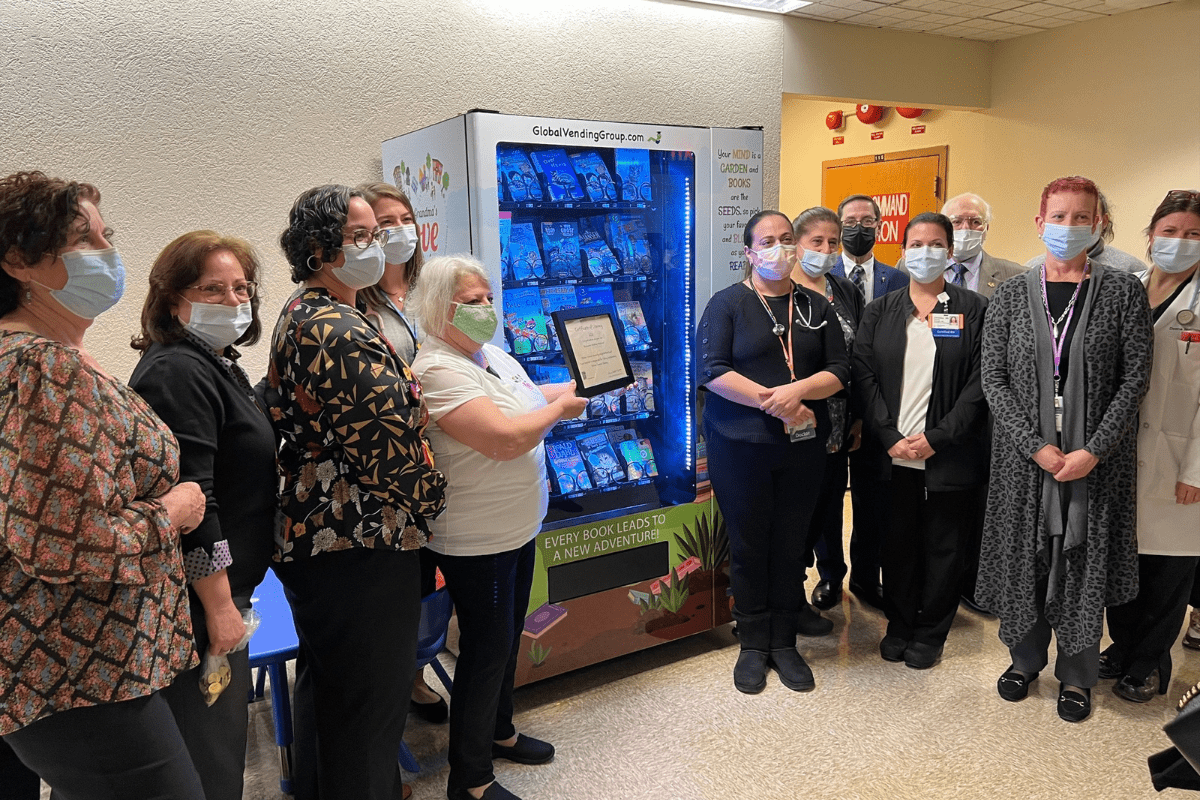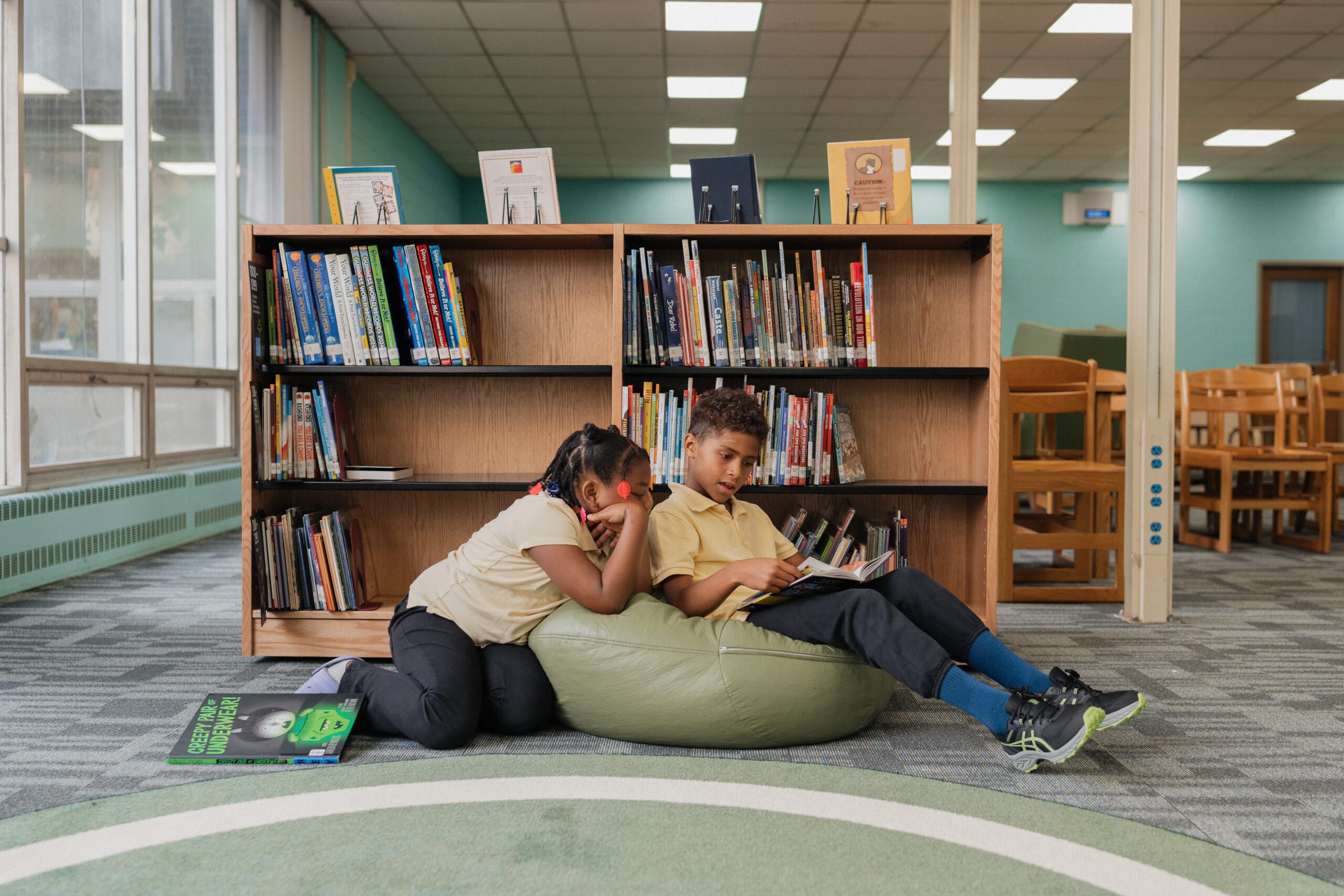Tata Sons North America and First Book Distribute 35,000+ books to New Jersey Communities
Bolstering classrooms with high-quality books, supporting local educators, and employee volunteerism on display at Jaguar Land Rover HQ MAHWAH, N.J. (June 6, 2025) — This week, Tata Sons North America and First Book will distribute more than 35,000 brand-new books to educators from New Jersey and surrounding areas. Nearly 500... Read more



